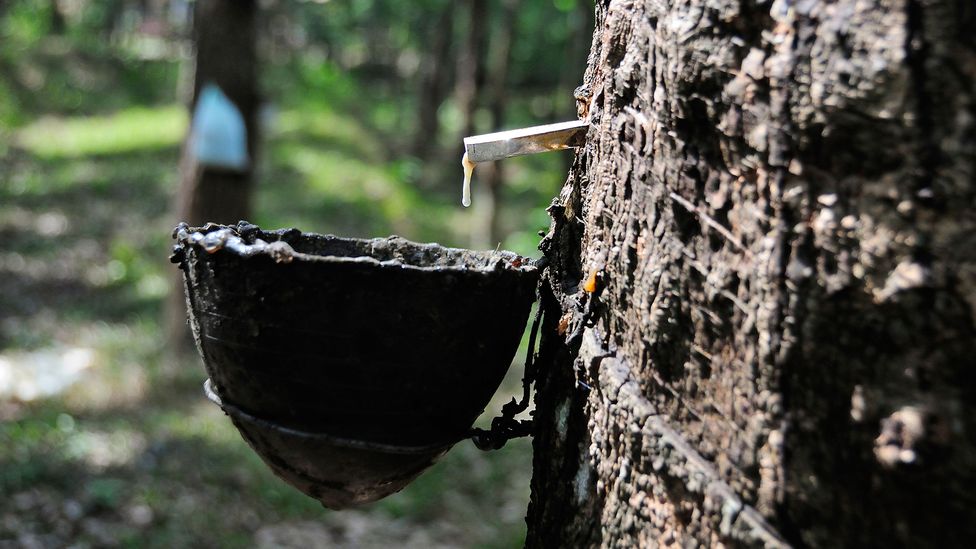Zoonotic Spillover Is the Apocalypse You’ll Be Hearing About a Lot
“Climate change is upending natural habitats, unleashing new plagues on humankind.”

Zoonotic Spillover Is One of the Greatest Threats Humanity Is Facing – Bloomberg
‘The term “zoonotic spillover” might sound either reassuringly geeky or deceptively innocuous — like a sticky mess involving a melted ice cream cone between the monkey cage and the aquarium. It refers, in reality, to one of the greatest dangers to humanity. As such, it is neither more nor less menacing than climate change, but a direct consequence of it.’
“With fewer animals to spread seeds, plants could have trouble adapting to climate change”

Picture a mature, broad-branched tree like an oak, maple or fig. How does it reproduce so that its offspring don’t grow up in its shadow, fighting for light?
“The wonder material we all need but is running out”

The wonder material we all need but is running out – BBC Future
Climate change, capitalism and disease are threatening to strike a mortal blow to the world’s rubber trees. Do we need to find alternative sources of rubber before it’s too late?
“How should economists think about biodiversity?”

What is the contribution of nature to the economy? Students of economics are well acquainted with production functions, which work out how inputs like capital and labour combine to yield output. These functions make all sorts of assumptions, many of which economists know well (that the contributions of capital and labour are subject to diminishing returns, say). Others rarely get a thought: that a mix of inputs that generates output on Earth will not on Venus, for example. The breathable air, drinkable water and tolerable temperatures that allow humans to do everything they do, and the complex ecosystems that maintain them, tend to be taken for granted. This is more than a mere analytical oversight, reckons a new report on the economics of biodiversity commissioned by the British government, and produced by Partha Dasgupta of the University of Cambridge. By overlooking the role nature plays in economic activity, economists underestimate the risks from environmental damage to growth and human welfare.
“Climate Is Next Race for Global Supremacy, Bank of America Says”

Climate Is Next Race for Global Supremacy, Bank of America Says (bloombergquint.com)
Put aside the trade and technology wars. The next race for global political and economic supremacy will focus on climate.
“Projected Global Loss of Mammal Habitat Due to Land-Use and Climate Change”

https://www.sciencedirect.com/science/article/pii/S2590332220302517?dgcid=rss_sd_oa
Summary
Human pressure on the environment is driving a global decline of biodiversity. Anticipating whether this trend can be reverted under future scenarios is key to supporting policy decisions. We used the InSiGHTS framework to model the impacts of land-use and climate change on future habitat availability for 2,827 terrestrial mammals at 15 arcmin resolution under five contrasting global scenarios based on combinations of representative concentration pathways and shared socio-economic pathways between 2015 and 2050. Mammal habitat declined globally by 5%–16% depending on the scenario. Africa (with declines up to 25%) and South America were the most affected regions. African insectivores, primates, Australian carnivorous marsupials and marsupial moles, and South American opossums declined the most. Tackling this loss would require a mix of actions across scales, including a global shift toward sustainability, addressing land-use change in sub-Saharan Africa, and helping endemic species track climate change in South America.
Recent Comments